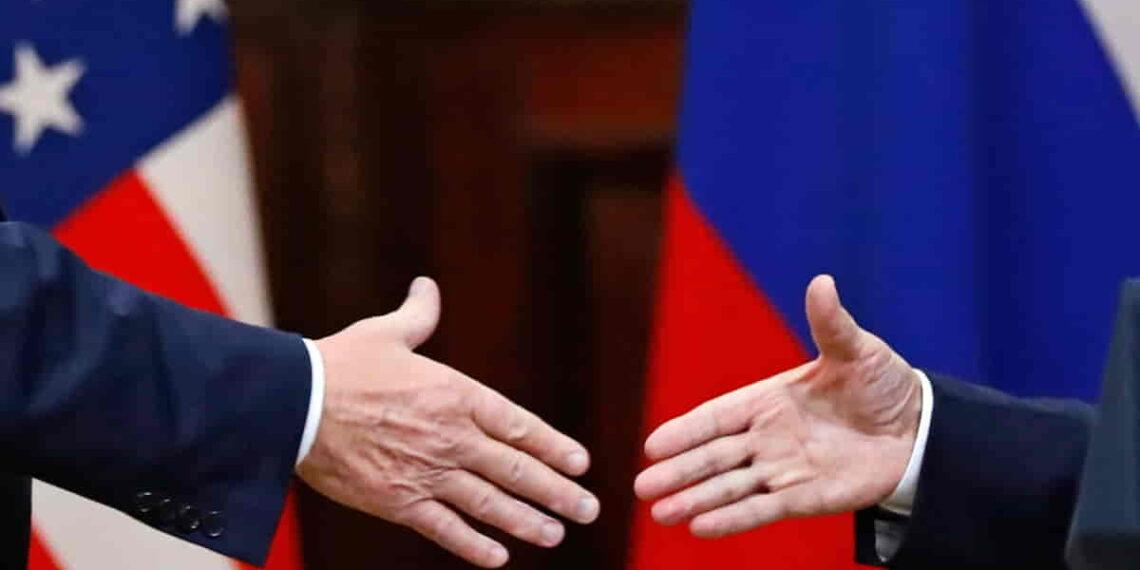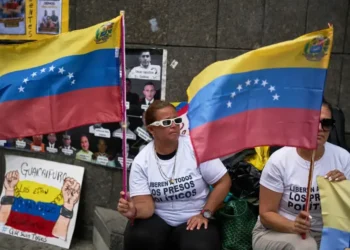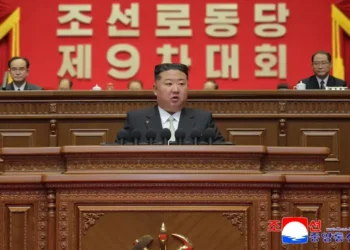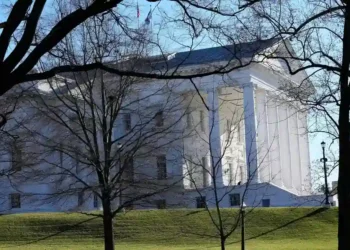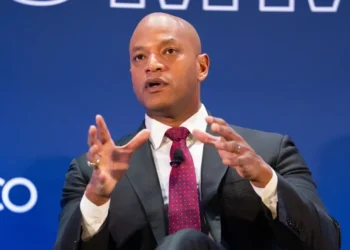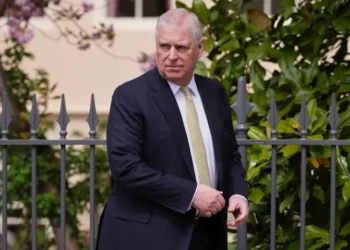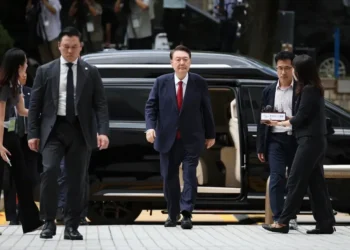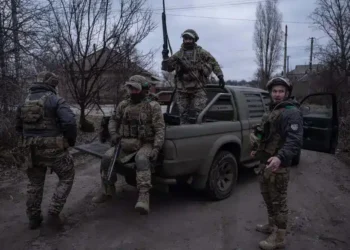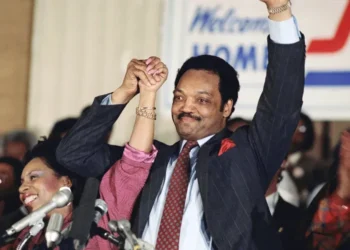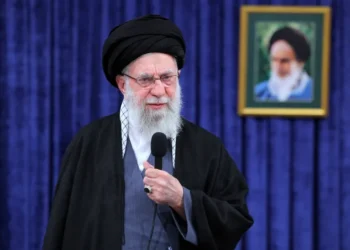Trump Promises Swift Ukraine Peace, But Moscow and Kyiv Remain Locked in Conflict
As President-elect Donald Trump prepares to take office, his vow to quickly end the war in Ukraine faces immense challenges. Despite his campaign promise to broker a peace deal within 24 hours—later adjusted to six months—both Moscow and Kyiv are entrenched in their positions, prioritizing battlefield gains over negotiations in the three-year-old war.
Battlefield Dynamics and Negotiating Strategies
Russia’s Strategy:
Russian forces have steadily advanced through Ukrainian defenses, focusing on consolidating control over four eastern and southern regions annexed in September 2022. Moscow has also intensified missile and drone attacks, targeting Ukraine’s energy grid and critical infrastructure, aiming to weaken the country’s resilience.
Ukraine’s Response:
Ukraine has fought back with strikes on Russian oil facilities and key targets while attempting to extend incursions into Russia’s Kursk region. Kyiv’s efforts aim to shift the battlefield momentum and strengthen its hand in future negotiations.
Both sides have adopted tough stances that leave little room for compromise, setting the stage for prolonged hostilities.
Trump’s Proposed Peace Framework
President-elect Trump and his nominee for Ukraine envoy, Keith Kellogg, propose an ambitious timeline for resolving the conflict. Kellogg envisions a peace deal within 100 days, emphasizing that the plan would safeguard Ukraine’s sovereignty.
Trump’s approach reportedly includes:
- Urging Russian President Vladimir Putin to halt hostilities.
- Threatening increased sanctions and military aid for Ukraine if Russia resists negotiations.
- Offering Western guarantees for Ukraine’s security, while preserving its sovereignty and independence.
Moscow’s Demands and Challenges
Putin’s Conditions for Peace:
President Vladimir Putin insists on negotiations that recognize Russia’s territorial gains and Ukraine’s withdrawal from the annexed regions—Donetsk, Luhansk, Zaporizhzhia, and Kherson. Additionally, Moscow demands Ukraine abandon its NATO ambitions and that the West lift economic sanctions.
While massive military spending has bolstered Russia’s economic output, the country faces high inflation, labor shortages, and a weakening ruble. U.S.-led sanctions, including restrictions on Russia’s shadow shipping fleet, continue to strain the Russian economy.
Kyiv’s Counterproposal:
Ukrainian President Volodymyr Zelenskyy has softened his initial demand for a full Russian withdrawal but insists on strong security guarantees from the West. He has also called for the deployment of Western peacekeepers to ensure stability. Zelenskyy rejects any temporary ceasefire, arguing it would only allow Russia to regroup and rearm.
The Human and Economic Costs
Ukraine’s Challenges:
- Manpower Shortages: Ukraine struggles to replenish its ranks amid heavy losses and increasing desertions.
- Territorial Losses: Russia currently controls about 20% of Ukraine, including Crimea, which it annexed in 2014.
- Infrastructure Damage: Sustained attacks on energy and industrial facilities have disrupted daily life and economic activity.
Russia’s Strategy of Attrition:
Moscow continues its slow, incremental advances, betting on Ukraine’s physical exhaustion and economic collapse. Analysts argue this tactic is designed to force Kyiv into concessions while avoiding major risks for Russian forces.
Observers’ Perspectives
U.S. Viewpoints:
Former U.S. envoy Kurt Volker expects Trump to pressure Putin with a combination of sanctions and military aid, aiming to force a resolution. However, Volker warns that Russia’s current military advantages and Putin’s commitment to his war goals make compromise unlikely.
Russian Analysts:
Experts in Moscow suggest Putin is unlikely to retreat from his annexation of Ukrainian regions or his broader demands. Instead, they foresee further escalation if talks fail, potentially heightening tensions with the U.S.
The Path to Peace: What’s at Stake
While Trump’s team envisions a rapid resolution, the divergent positions of Moscow and Kyiv, combined with entrenched hostilities, present significant obstacles.
For Ukraine, peace requires strong security guarantees and assurances of sovereignty. For Russia, any deal must secure its territorial claims and diminish Western support for Ukraine.
Without meaningful compromise, the conflict risks escalating further, with devastating consequences for both nations and broader international stability.
This article was rewritten by JournosNews.com based on verified reporting from trusted sources. The content has been independently reviewed, fact-checked, and edited for accuracy, neutrality, tone, and global readability in accordance with Google News and AdSense standards.
All opinions, quotes, or statements from contributors, experts, or sourced organizations do not necessarily reflect the views of JournosNews.com. JournosNews.com maintains full editorial independence from any external funders, sponsors, or organizations.
Stay informed with JournosNews.com — your trusted source for verified global reporting and in-depth analysis. Follow us on Google News, BlueSky, and X for real-time updates.
